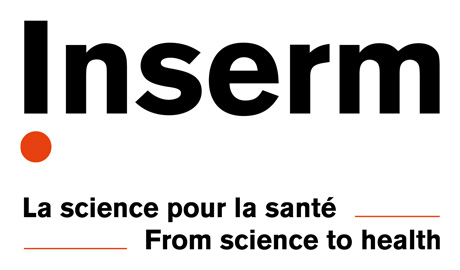DETAILS OF THE OFFER | Working place: INRAE Jouy-en-Josas,
Project Overview:
The molecular mechanism of prion replication and dissemination relies entirely on an abnormal, self-aggregating conformational change in a host-encoded protein called PrP. This self-aggregating process, proposed in the late 90s, forms the basis of the standard prion paradigm. It leads to exponential accumulation of PrPSc, primarily in the central nervous system, which progressively results in disorganization of the neural network, neuronal death, and ultimately a fatal outcome.
The Pathological Macroassemblies and Prion Diseases (MAP2) group located at INRAE in the Jouy-en-Josas Research Center is recruiting a postdoctoral researcher to participate in an interdisciplinary project aimed at studying the impact of prion replication on the functional and structural alteration of the neuronal network. This project utilizes a functional imaging approach with 3D multi-electrode arrays (HD-MEA) and is part of a Junior Professor Chair that aims to study the prion strain determinants governing prion replication and tissue spreading in relation to neuronal dysfunctions.
Key Responsibilities:
- Neuronal Activity Monitoring: Develop and refine protocols for neuronal activity recording using multi-electrode arrays (MEA) using transgenic organotypic mouse brain slices.
- Effect of prion replication: Investigate how prion replication affects the functional connectivity and neuronal networks.
- Data Analysis: Conduct detailed analyses of electrophysiological data to delineate network disruptions caused by different prion strains.
- Collaborative Research: Engage with multidisciplinary teams across imaging, biochemistry, and computational modeling to synthesize and integrate findings.
- Scholarly Communication: Author scientific papers and present findings at international platforms to contribute to the global understanding of prion diseases.
Candidate Profile:
- Educational Background: Ph.D. in a field relevant to electrophysiology or neurobiology.
- Technical Expertise: Proficient in electrophysiological techniques, particularly MEA. Familiarity with data analysis in electrophysiology. Programming skills in Python or MATLAB are desirable.
- Professional Skills: Demonstrated ability to work independently and initiate research directions. Strong analytical, synthesis, and scientific communication skills. Prior experience in a BSL-rated laboratory environment is advantageous.
- Language: Fluency in English, with strong written and oral communication skills required for scientific dissemination.
Work Environment:
- Join a cutting-edge research team in a state-of-the-art facility with BSL-2 and BSL-3 labs focused on prion pathogens.
- Collaborate within an interdisciplinary team committed to foundational and translational science in prion biology.
- Receive comprehensive training for safe practices in confined laboratory settings.
|





